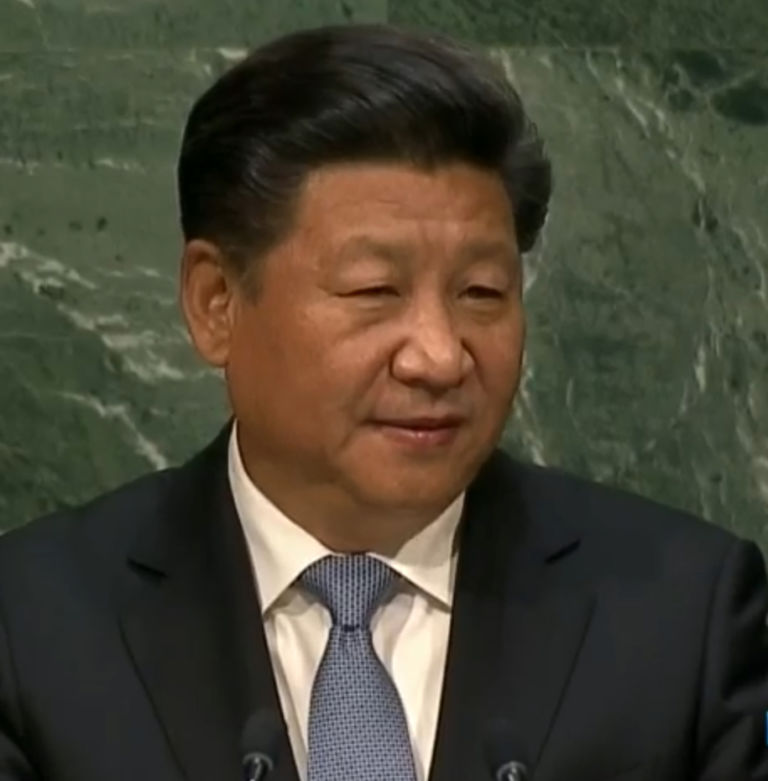Collin Anderson writes for the Washington Free Beacon about one instance in which the Democrat-controlled U.S. Senate is standing up to a Democratic president.
The Senate on Wednesday voted to reinstate tariffs on Chinese solar panels sold out of Southeast Asia, a measure President Joe Biden has pledged to veto due to the green energy industry’s reliance on Chinese goods.
Nine Democrats joined 47 Republicans in support of Florida Republican senator Rick Scott’s resolution, which reverses a Biden executive order that suspended tariffs on Chinese solar products imported from Malaysia, Vietnam, Thailand, and Cambodia. Under the resolution, Congress can overturn executive branch actions with a simple majority, a method that circumvents the Senate’s 60-vote filibuster rule.
The vote comes as a major blow to Biden, who has vocally opposed the measure by stressing the solar industry’s need to import Chinese panels. China controls more than 80 percent of the world’s solar panel production, leaving the industry reliant on Chinese goods as it rushes to fulfill increased demand spurred by Biden’s pricey green energy subsidies. That reliance, the White House said last month, means Chinese solar panel tariffs would “create deep uncertainty for jobs and investments in the solar supply chain.”
While Scott’s resolution received some Democratic support—Sens. Sherrod Brown (Ohio), Tammy Baldwin (Wisc.), and Gary Peters (Mich.) were among the nine Democrats who backed it—the overwhelming majority of Senate Democrats voted to uphold Biden’s tariff suspension. Nevada Democratic senator Jacky Rosen, who is up for reelection in 2024, led the charge against the tariff resolution, which she called a “job killer” that would “stall the American solar industry.”
Rosen’s advocacy against the measure comes months after the Democrat accepted $9,000 in campaign cash from the Solar Energy Industries Association, which counts a number of top Chinese solar manufacturers as members. Without those manufacturers, the United States “cannot produce enough solar panels and cells to meet demand,” the association acknowledged in a Friday statement.


